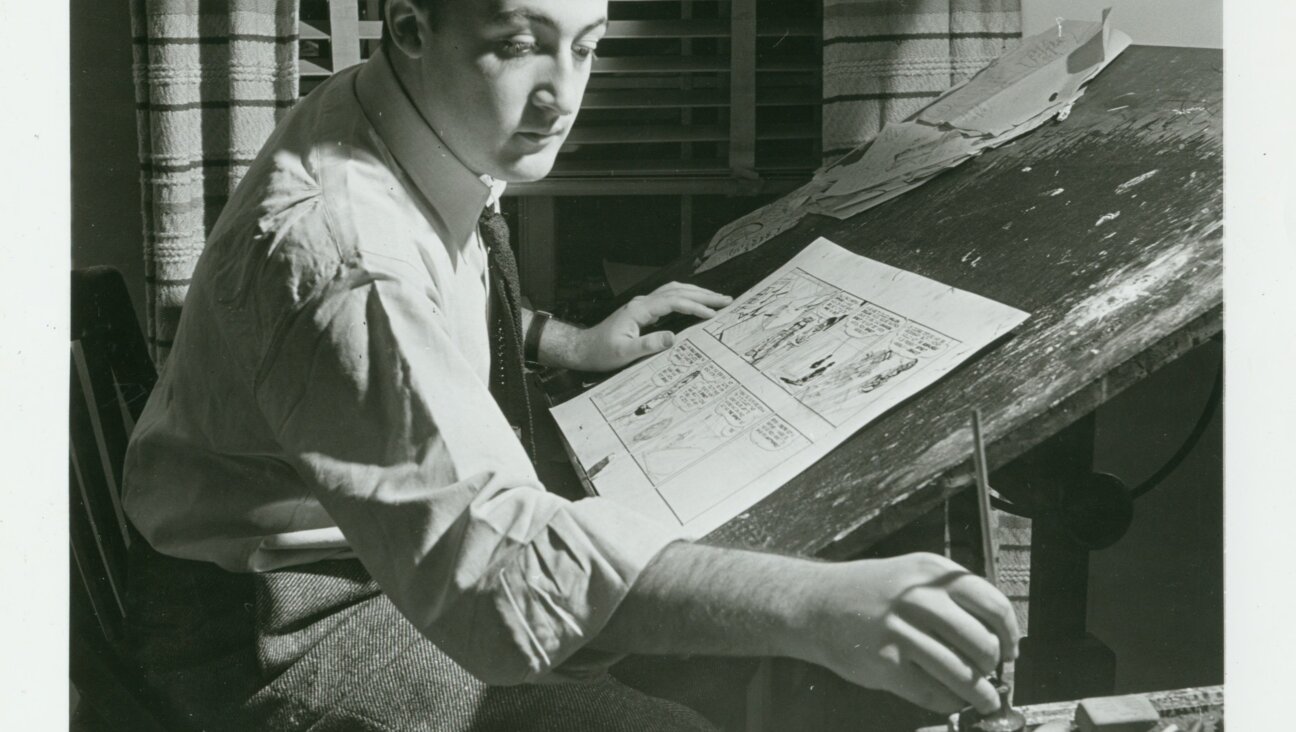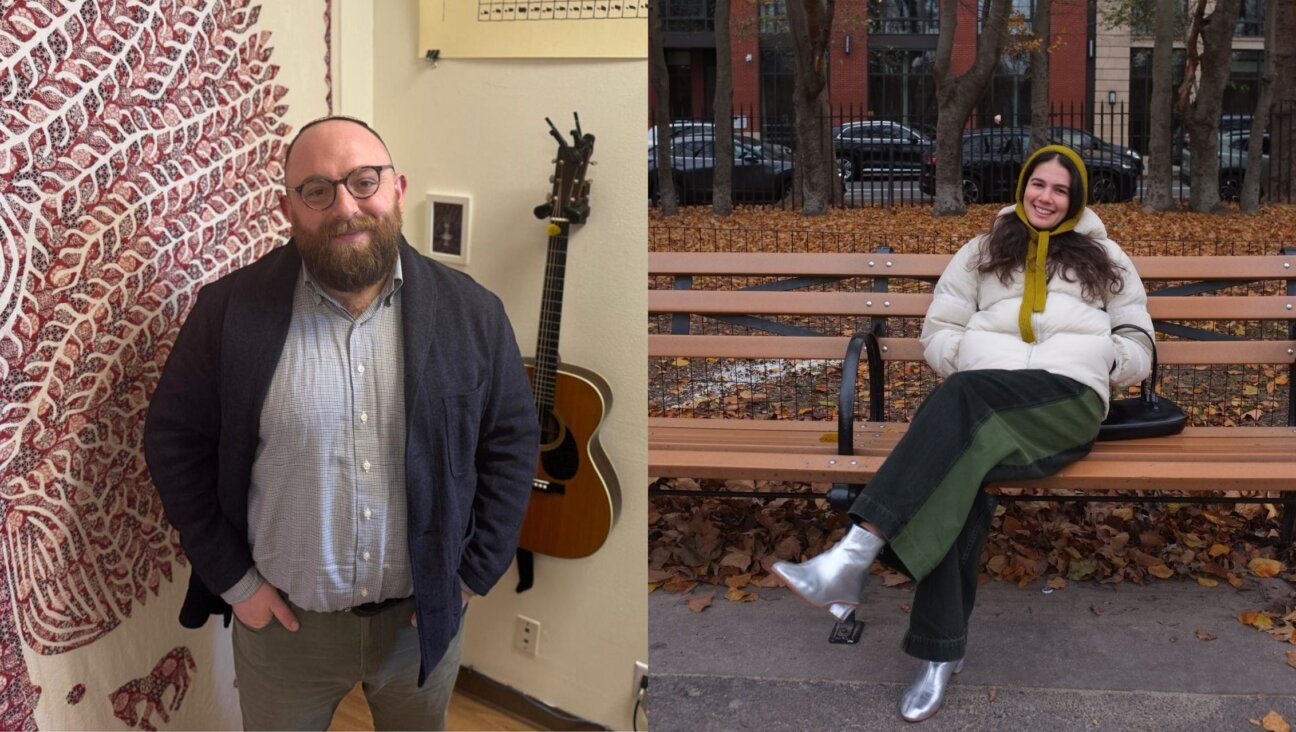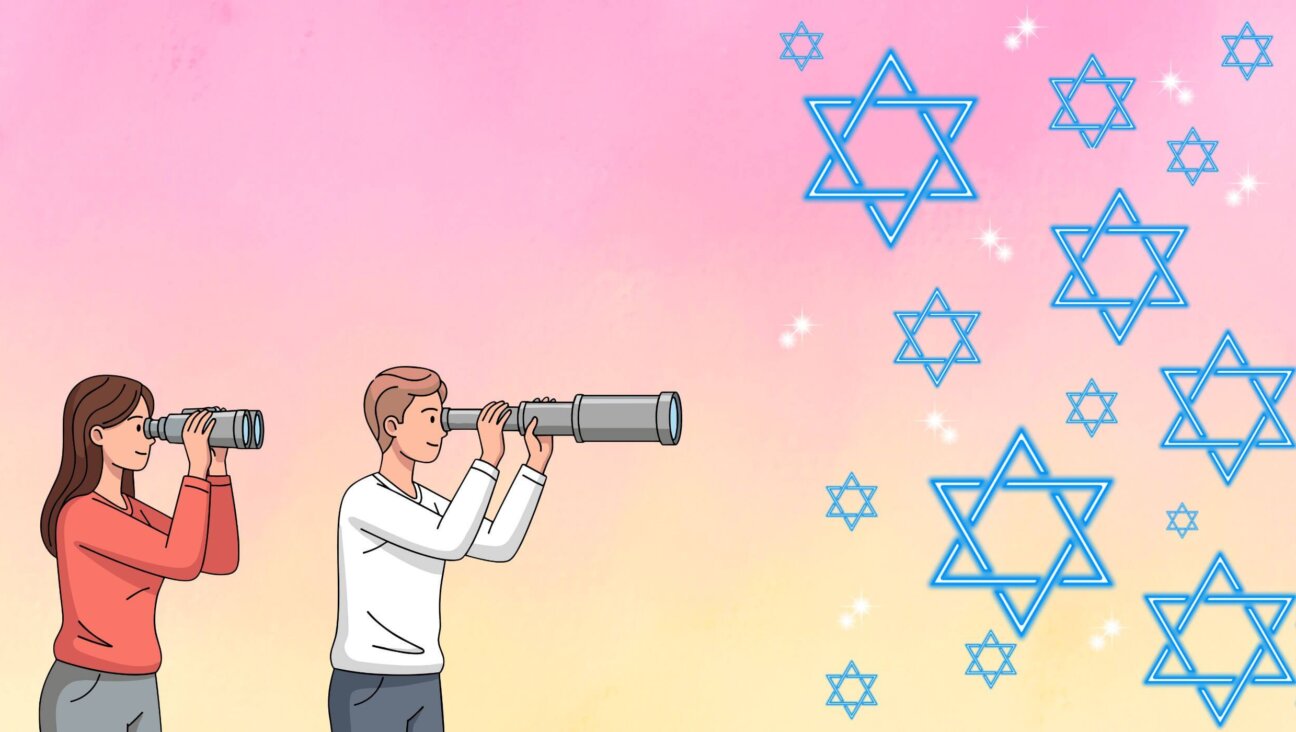Oncologist Seeks To Develop Vaccine Against Pancreatic Cancer
When Elizabeth Jaffee was studying to become a doctor, back in the 1980s, her uncle was diagnosed with pancreatic cancer. Yet even with her medical knowledge, “there was nothing I could even suggest,” said Jaffee, whose uncle passed away three months later. “The fact that there’s no hope bothers me more than anything.”
Now Jaffee is looking for answers — and some hope. Jaffee is a professor of oncology and immunology at Johns Hopkins Medical Institutions in Maryland. Since 1997, she has been working on developing a vaccine for pancreatic cancer.
Pancreatic cancer is a relatively rare cancer, accounting for only about 2% of all cancer diagnoses. However, its survival rate is practically zero, mainly because the disease is difficult to detect early. This year, 30,700 individuals will receive a pancreatic cancer diagnosis, and 30,000 will die from the disease. Despite its comparatively rare occurrence, pancreatic cancer is the fourth leading cause of cancer deaths. It has claimed the lives of celebrities Michael Landon, Henry Mancini and Donna Reed.
Researchers know that pancreatic cancer is a genetic disease, stemming from changes, or mutations, in DNA. The majority of these mutations occur as a result of mistakes during cell replication or by exposure to carcinogens. Smoking, a diet high in fat, excess weight, physical inactivity, chemical exposure and aging have been identified as risk factors for the disease.
Fewer than 10% of all pancreatic cancers are hereditary. However, of those hereditary cancers, one form is caused by a mutation of a gene called BRCA2, carried by about 1% of Ashkenazi Jews.
“This mutation has been passed on from generation to generation,” says Dr. Ralph Hruban, professor of pathology and oncology at Johns Hopkins Medical Institutions. “It probably occurred in an Ashkenazi Jew who lived in Eastern Europe 29 generations ago… who developed a defect of the DNA coding for the breast cancer gene and then passed it on.”
Those who inherit a defective copy of the gene are at increased risk of pancreatic cancer, and even higher risk of breast and ovarian cancers. However, according to Hruban, this risk varies from family to family.
“The reason for this variation is thought to be dependent on some lifestyle factors such as whether someone smokes, dietary influences, the inheritance of other cancer-susceptible genes and a certain element of chance, Hruban said. Also, age is important because as we age, we accumulate more mistakes in our DNA.”
Researchers emphasize that not everyone with a BRCA2 mutation will develop cancer. At the same time, one can still be a carrier of the defective gene, even in the absence of a family history of cancer.
While there is a test available to find out if one carries the BRCA2 mutation, Hruban advises anyone considering it to speak to a genetic counselor about the risks and benefits of being tested. Those who do test positive may benefit from certain early detection methods or even preventative surgery in some cases.
People with pancreatic cancer have a low survival rate because symptoms generally don’t appear until the disease is in its advanced stages and has spread to other parts of the body. Symptoms, which can often indicate other medical conditions, include pain in the upper abdomen or upper back, jaundice, weight loss, nausea and vomiting. Surgery, radiation therapy and chemotherapy are used to extend survival and relieve symptoms but seldom produce a cure.
The vaccine being worked on by Jaffee attempts to alert the immune system to the presence of the cancer, which it generally fails to detect because of the cancer’s slow growing nature. Her idea is to insert into the tumor cell a gene that would direct the immune system to attack the tumor. In Phase I clinical trials (the first phase involving human subjects), three of eight patients showed evidence of an immune response and were disease-free five years later. Now, Jaffee is conducting Phase II trials, which will ultimately enroll 60 patients and should provide more definitive information some time in 2005.
Another approach being tried with pancreatic and other cancers involves reactivating tumor-suppressing genes that are somehow inactivated in certain cancers. Scientists are also looking at using new combinations of chemotherapy drugs and drugs that cut off the blood supply to the tumor.
Until a cure is found, one of the most devastating aspects of pancreatic cancer is the hopelessness felt by Jaffee and others touched by the disease. Like Jaffee, Julie Fleshman was pursuing an advanced degree when her father was diagnosed with pancreatic cancer.
“Our doctor basically told my dad that there were no options and for him to get his affairs in order,” Fleshman said. “There was no place for my family to go. We felt very alone.”
Around that time, a group was coming together of pancreatic cancer patients and family members who became connected through a posting board on the Johns Hopkins Web site. They decided to raise visibility and funding for the disease by holding a fundraiser in Beverly Hills. In 1999, the group was formalized as Pancreatic Cancer Action Network, known as PanCAN, a Southern California-based national organization that would provide advocacy, education, support and research funding.
In 2000, Fleshman became the executive director of PanCAN. Now she works to insure that other families facing a pancreatic cancer diagnosis won’t have the same experience of aloneness that she and her family did. One service offered by PanCAN is its “patient and liaison services,” or PALS, which provides assistance for patients and family members through a toll-free hotline. The organization also lobbies for more research funding for the disease. “The amount of research dollars going to pancreatic cancer is still small, but it has increased 100% since 1999,” Fleshman said.
In part because of PanCAN’s efforts, the National Cancer Institute has added pancreatic cancer as a target for its Specialized Programs of Research Excellence grants. Dr. Gloria Petersen, a professor of epidemiology at the Mayo Clinic in Minnesota, expects her institution to receive one of these comprehensive grants.
“We’re trying to understand the cause and develop approaches to treatments and interventions for pancreatic cancer,” Petersen said. “Our multidisciplinary approach includes basic, genetic and molecular research as well as population studies and patient studies.” Included in the Mayo project is a study focusing on the nature of the link between BRCA2 and pancreatic cancer.
Fleshman is more hopeful than she was when she first learned about the disease. “We’ve come a long way,” she said. “More money is being put into research, more services and educational tools are available to patients and their families, and more clinical trials are underway than ever before.”















